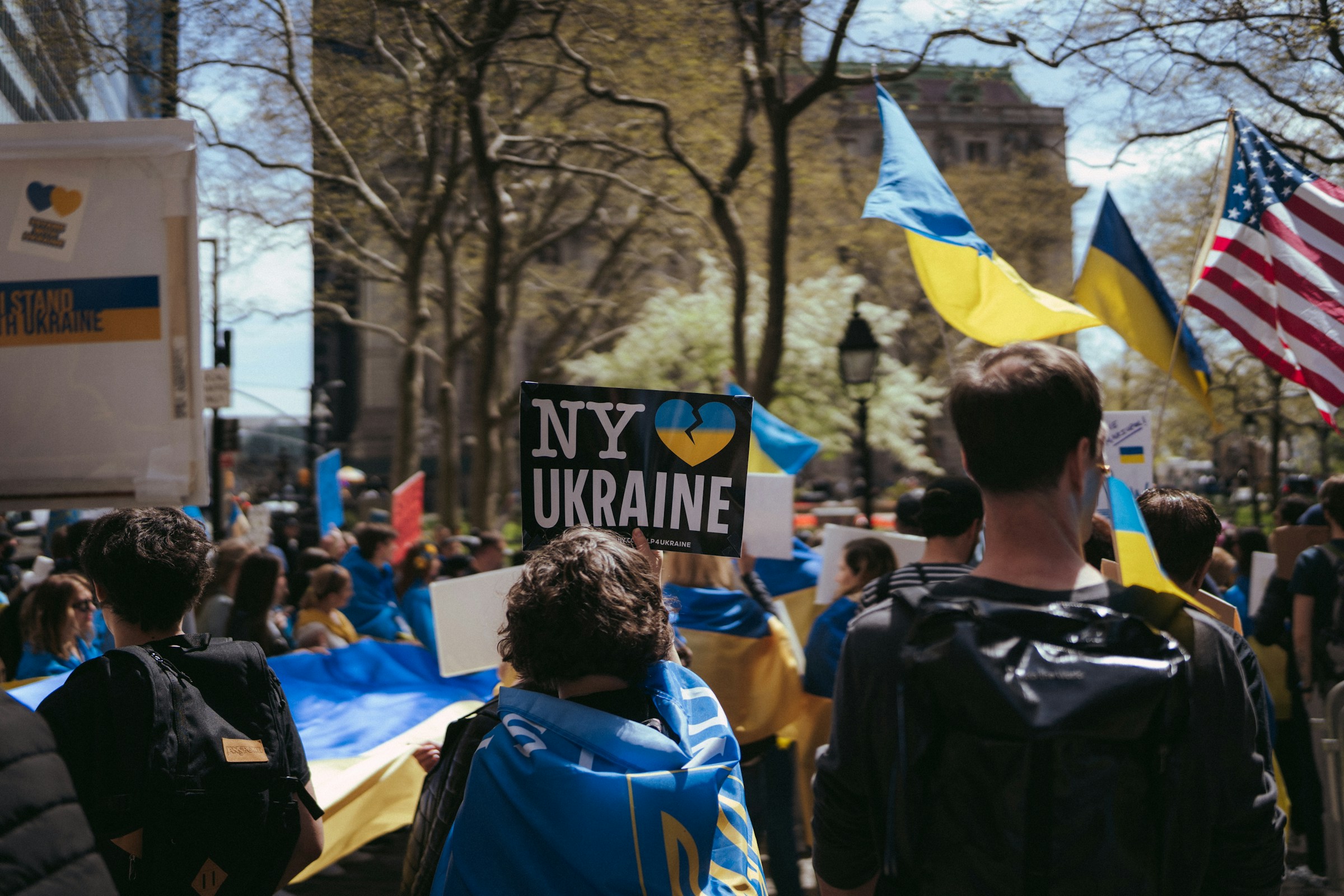What appears as a political escalation is, in fact, a macro-capital inflection. Donald Trump’s evolving rhetoric on Ukraine — suggesting potential constraints or withdrawal of US support — converges with Vladimir Putin’s intensified energy diplomacy and military entrenchment. This alignment is not just bilateral; it reverberates through FX stability assumptions, commodity buffer expectations, and NATO-region capital risk premiums.
For markets, the Trump-Putin moment marks the return of sovereign asymmetry. Putin is recalibrating Russia’s economic insulation strategy, from energy corridor re-routing through Central Asia to accelerated de-dollarization with China. Trump, meanwhile, is signaling a potential US realignment that de-emphasizes transatlantic defense financing — creating dislocation risk in Europe’s defense-industrial base and FX-linked exposure. The risk is not kinetic. It’s reserve-driven.
The capital at stake is not just military. It is sovereign, infrastructural, and cross-border portfolio-weighted.
For the EU, especially Poland, Germany, and the Baltics, renewed ambiguity in US commitment is already triggering preemptive fiscal rearmament. That spending must be financed — often at higher yields, introducing longer-term curve steepening risk for euro-linked bonds. ECB officials may not frame it as defense-driven inflation, but the structural implication is unmistakable.
Singapore’s GIC and Gulf sovereign funds with allocations in European infrastructure, defense, and debt instruments now face optionality constraints. Should Trump’s posture destabilize NATO consensus, creditworthiness of Eastern European issuers — from sovereign to muni bonds — becomes exposed. Likewise, fixed income exposure to European utilities with Ukraine-linked energy derivatives may face indirect devaluation risk.
On the flip side, Russian-linked risk instruments remain opaque, but the trend is clearer: ruble-managed FX exposures are being rerouted through renminbi corridors, reducing dollar visibility but increasing China-Russia co-dependency risk — a secondary vulnerability if yuan liquidity contracts further post-PBoC tightening.
So far, no central bank has directly cited Ukraine risk in its reserve posture — but the signals are emerging.
The ECB’s recent commentary on “fragmentation risk” in bond markets is a euphemism for divergence in sovereign spreads. Bundesbank warnings on defense-linked fiscal easing signal discomfort with prolonged off-budget financing. Meanwhile, G7 central banks have quietly coordinated liquidity lines and FX swap readiness — a playbook reminiscent of early COVID, not active conflict.
In the Gulf, SAMA and the Qatar Investment Authority are subtly repositioning through hard-asset infrastructure buys, particularly in Turkey and Central Asia — buffering against Western regional dependency. This is a liquidity hedge against potential SWIFT rerouting or payment system bifurcation, should a second Trump term resurrect dollar weaponization fears.
US regulators, meanwhile, are largely postured inward. But if Ukraine support policy fractures, the liquidity strain may not be domestic — it may arrive via capital retreat from emerging Europe, spillover into commodities, and mispriced risk premiums in cross-border funds.
Sovereign allocators are already adjusting.
Swiss franc and gold accumulation has quietly accelerated since Trump’s recent comments. The franc’s role as a regional neutral FX anchor is being repriced upward — not because of monetary policy divergence, but geopolitical capital shelter logic.
GCC funds appear to be overweighting ASEAN and Central Asia in real assets and quasi-sovereign deals. This mirrors 2014 Crimea-era playbooks — diversifying away from Western credit dependencies and buffering against transatlantic volatility.
Singapore remains a net beneficiary for now. GIC’s positioning in non-dollar denominated infrastructure and Temasek’s partial retreat from EU green energy assets both reflect a hedging mentality: be present, but liquid. MAS reserve posture remains outwardly stable, but June’s FX intervention quietude may signal defensive readiness rather than complacency. The broader capital signal is simple: alignment uncertainty creates shelter premium.
This Trump Putin Ukraine risk moment is not about battlefield gains or political theatrics. It is a sovereign capital posture inflection.
For sovereign wealth funds and reserve managers, the implications are clear: credibility asymmetry has returned. A fragmented NATO signal compresses European fiscal space, raises defense-driven inflation risk, and forces reserve strategy recalibration — especially for funds exposed to transatlantic infrastructure, utilities, or defense-linked bonds.
Liquidity buffers will not shift overnight. But sovereign allocators are no longer pricing risk on military capacity alone. They are pricing it on political durability and FX insulation logic.
For central banks and long-term capital stewards, the message is surgical: prepare for fragmentation volatility, not consensus coordination. This isn’t a cold war redux. It’s a hot capital reallocation.















